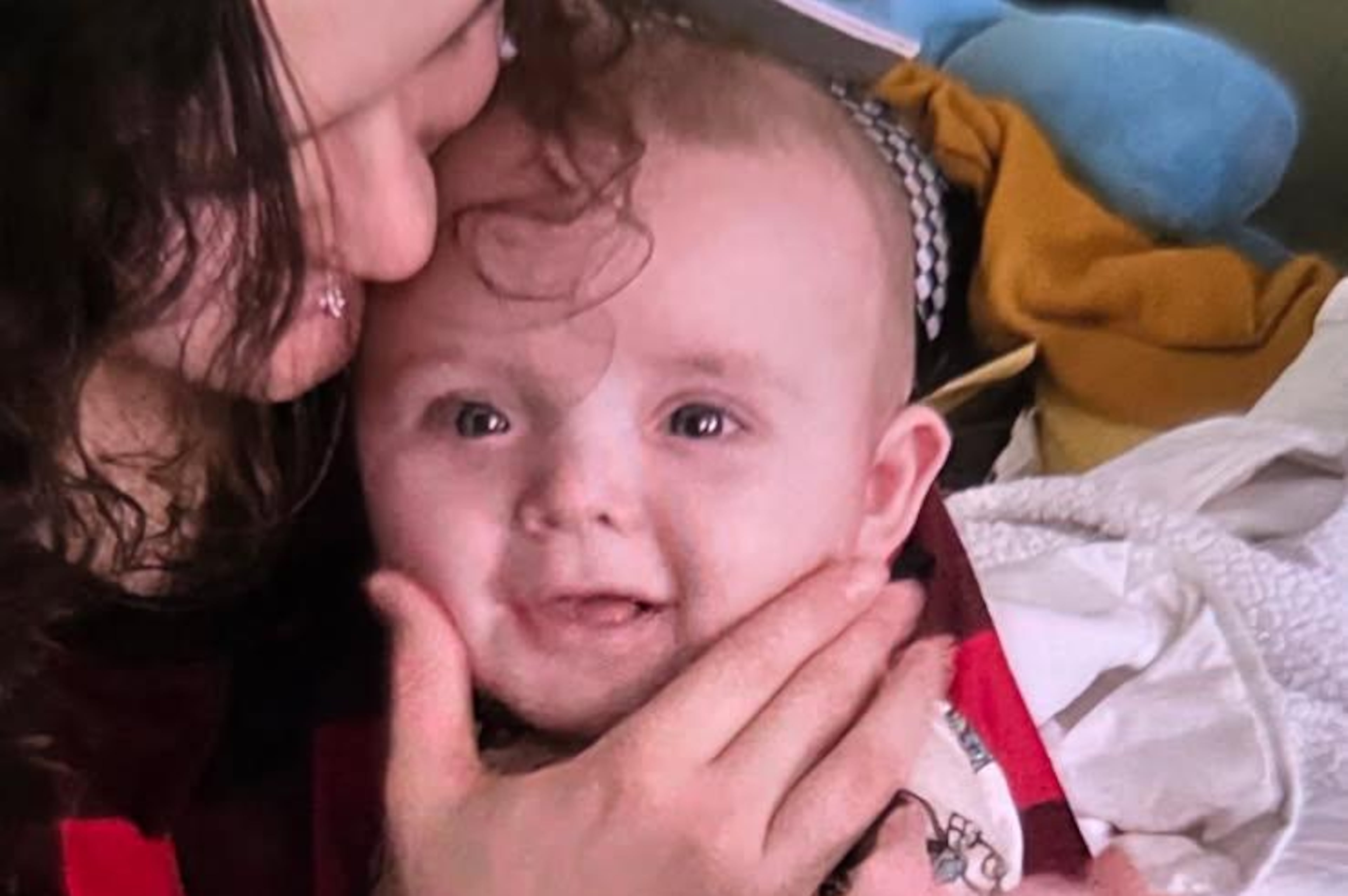State investigates potential fraud involving Kemp’s $350 relief payments

State officials are investigating Gov. Brian Kemp’s $350 cash assistance program, after fraudsters allegedly stole funds from low-income Georgians.
The Georgia Bureau of Investigation, the state Attorney General, and the state Department of Human Services are working together to investigate the alleged fraud, confirmed Kara Richardson, a spokesperson for Attorney General Chris Carr. She declined to comment further, citing the ongoing investigation.
The GBI’s investigation into reports of stolen funds started in October, according to spokesperson Nelly Miles. News of the program’s woes broke in late September, shortly after the state started releasing the funds.
“The investigation is in its early stages, and we have no timeline for completion or investigative details to release,” Miles said.
The investigation comes after Gov. Brian Kemp dedicated more than $1 billion of federal COVID relief funds to send a one-time $350 payment to millions of low-income Georgians. The rollout began in September but was quickly followed by a storm of social media posts about missing money. The Atlanta Journal-Constitution and Axios, which are now both jointly owned by Cox Enterprises, began an investigation into the program soon thereafter.
The state Department of Human Services, which administered the payments through a third-party vendor, will not say how many people have reported their money as stolen. But DHS says the “overwhelming majority” have spent the funds without issue. According to the DHS website, more than $1 billion has been sent to more than 3 million Georgians who have spent nearly $725 million.
DHS sent out physical or virtual cards to recipients. Some people said the accounts where the money was stored were emptied before they could access them, and others had trouble spending the money at all. Many of those issues have since been resolved, and more Georgians have since commented online that they have successfully used the cards.
Kylie Winton, a spokesperson for DHS, said they are “looking into the issue” of alleged fraud and working with law enforcement.
“We continue to work with law enforcement as warranted to confirm instances of fraud tied to various phishing and related schemes to steal of misuse someone’s information,” Winton said in a statement.
However, some Georgians still haven’t been able to claim their money.
Brittany Banks of Columbus, Ga. insists funds connected to her two children’s cards were stolen before she could use them and the state has rejected her fraud claims.
“I was hoping it would come before Christmas but it never did,” she said in an interview. “I’ve just given up. It was a huge disappointment.”
Questions from the AJC and Axios to the department about the numbers of fraudulent claims and successful reimbursements for proven fraud were referred to the program’s vendor, Rellevate, a digital financial services platform.
Rellevate, however, referred those questions back to DHS. The scale of the problem, therefore, remains unknown.
“This innovative program – likely the largest virtual card program in history – has positively impacted countless Georgians at a truly critical time,” said Winton, the DHS spokesperson.
Winton said in a statement that Rellevate is analyzing each claim and determining whether “legitimate fraud occurred.” If fraud occurred, then a recipient will be reimbursed for the money that was stolen.
Back in October, Banks received two virtual cards for her kids, both of whom are on Medicaid. When she logged onto the state portal, the cards were almost entirely drained: there was $3.60 left on her 6-year-old son’s card, $2.98 left on her 13-year-old daughter’s card.
Banks immediately reported the money had been stolen. Then last week, she received an email stating an internal investigation found no evidence of theft or fraud. “Based on our investigation, we have concluded that no error occurred,” according to the email she shared with the AJC and Axios. “Therefore, no funds will be credited to your account and this matter is considered closed.”
The AJC and Axios sent Banks’ name to DHS, and DHS said that Banks’ family members will receive credit to their accounts within the next 24 hours.
Democrats and some recipients have accused Kemp of using the cash assistance program in September to sway voters before the Nov. 8 election, when Kemp beat Democratic nominee Stacey Abrams by nearly 8 points. Kemp has defended the program, and says he’s abiding by Georgia law, which gives him unilateral control over how the federal money is spent. He said in a previous interview that while there’s been a “bump or two,” that overall he’s happy with the rollout, and is hopeful the program will help make state government more efficient in the future.
In the early days of the program, DHS’ Facebook page was flooded with complaints. The volume of online posts has markedly decreased, but some recipients who say they are still waiting for their cash are helping each other on separate Facebook groups.
In one group, “Georgia $350 Cash Assistance Payments,” some users say they are still reporting their money as stolen, to no avail. The Facebook group has nearly 43,000 members.
“Has anyone had their cards hacked and spent all the funds?” one person posted this week, with screenshots of what appeared to be fraudulent charges. A few people replied that yes, they had their funds stolen.
Another user said she had one account showing a negative balance of $16.
“I have just given up on it,” the user said.
Banks, the parent from Columbus, said that she too has all but given up.
“I can’t miss something I never had anyways. I was just hoping for it,” she said. “There’s nothing I really can do. I don’t even know who to talk to.”


